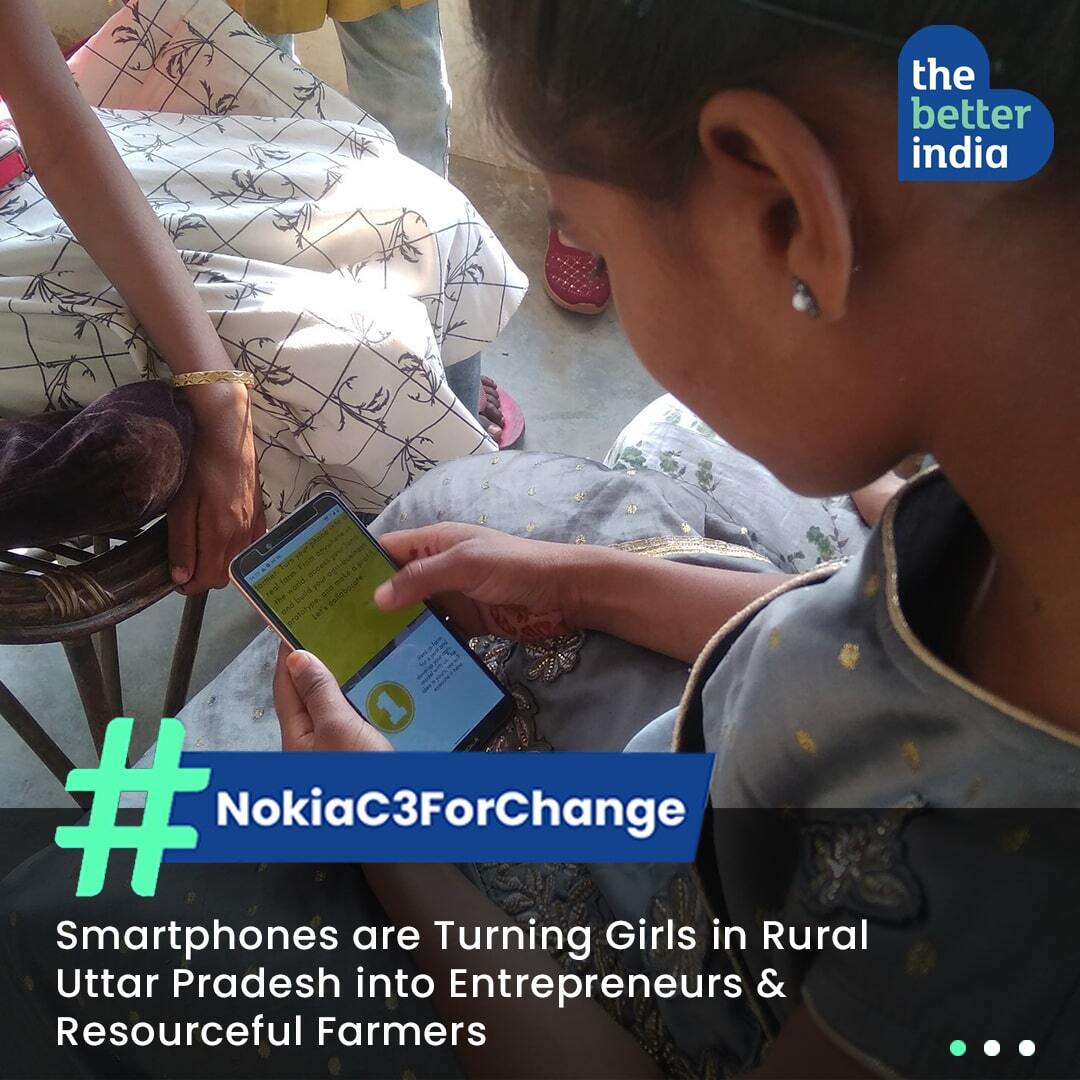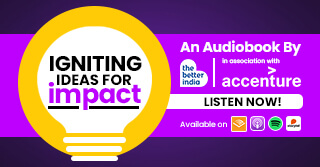
Embarking on a transformative journey through six chapters, we traverse India's landscape, exploring pioneering startups and their revolutionary...

#NokiaC3forChange is an initiative where we handpicked 20 changemakers across India. These changemakers and their communities were given smartphones to use in their change endeavours – farming, education, building a business, saving endangered birds, etc. – and share the impact that technology helped them make. These stories have been recorded after the communities used the phones for a month. While we’re sure long-term use of technology will make for an even bigger impact, here is what the communities were able to accomplish in just 30-days.

Not just in e-learning, the phones are now being used to transform the lives of people in the community as well. With an aim to improve income from farming, provide better livelihood opportunities and reduce migration to urban areas, Amitabh and his team are starting a Farmers Producer Organisation (FPO), which will enable the villagers to start and run their own agri-business.
Read MoreMridula Devi was one among the many farmers affected by the situation. Mridula, who herself is one of the beneficiaries and has been learning to use the smartphone, adds how the access to training material and smart applications has made life easier for farmers like her.
Read More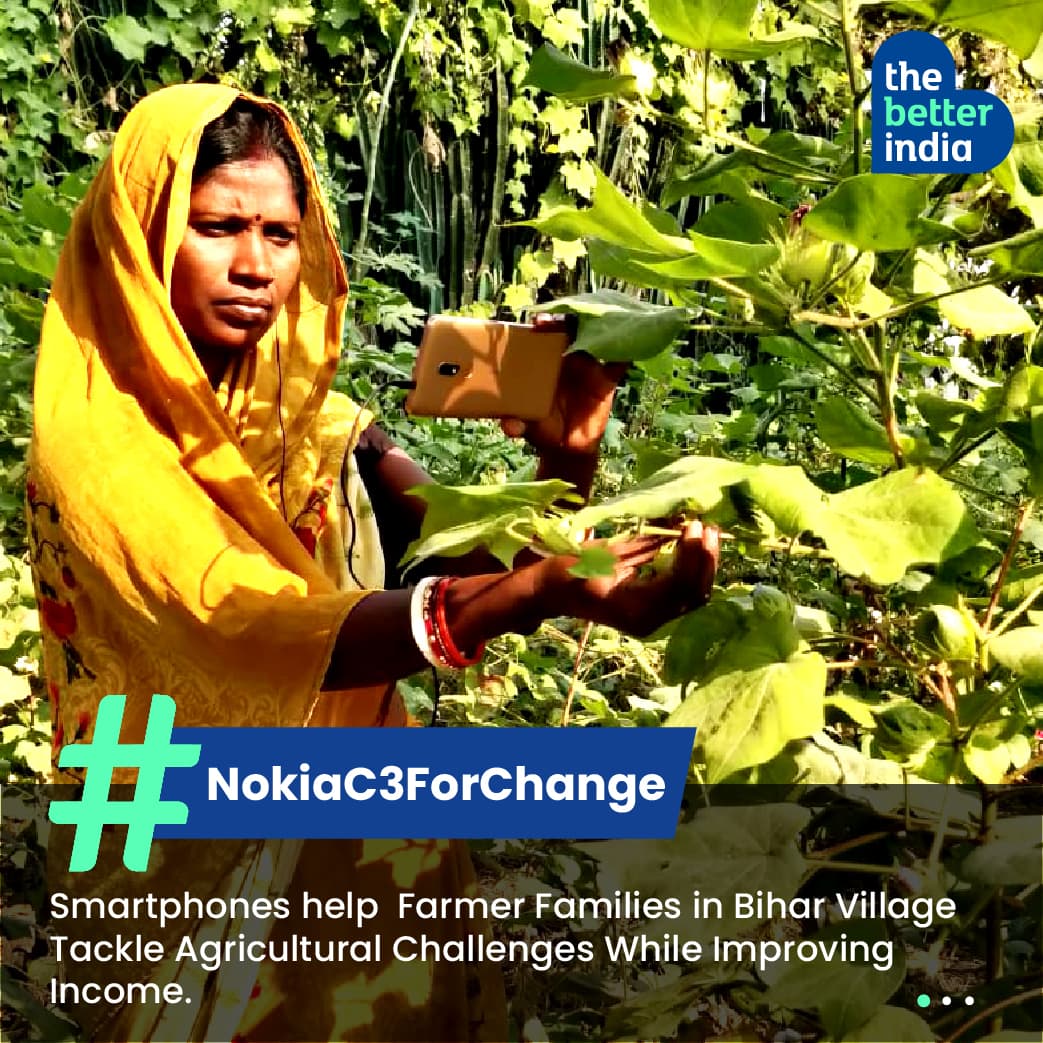
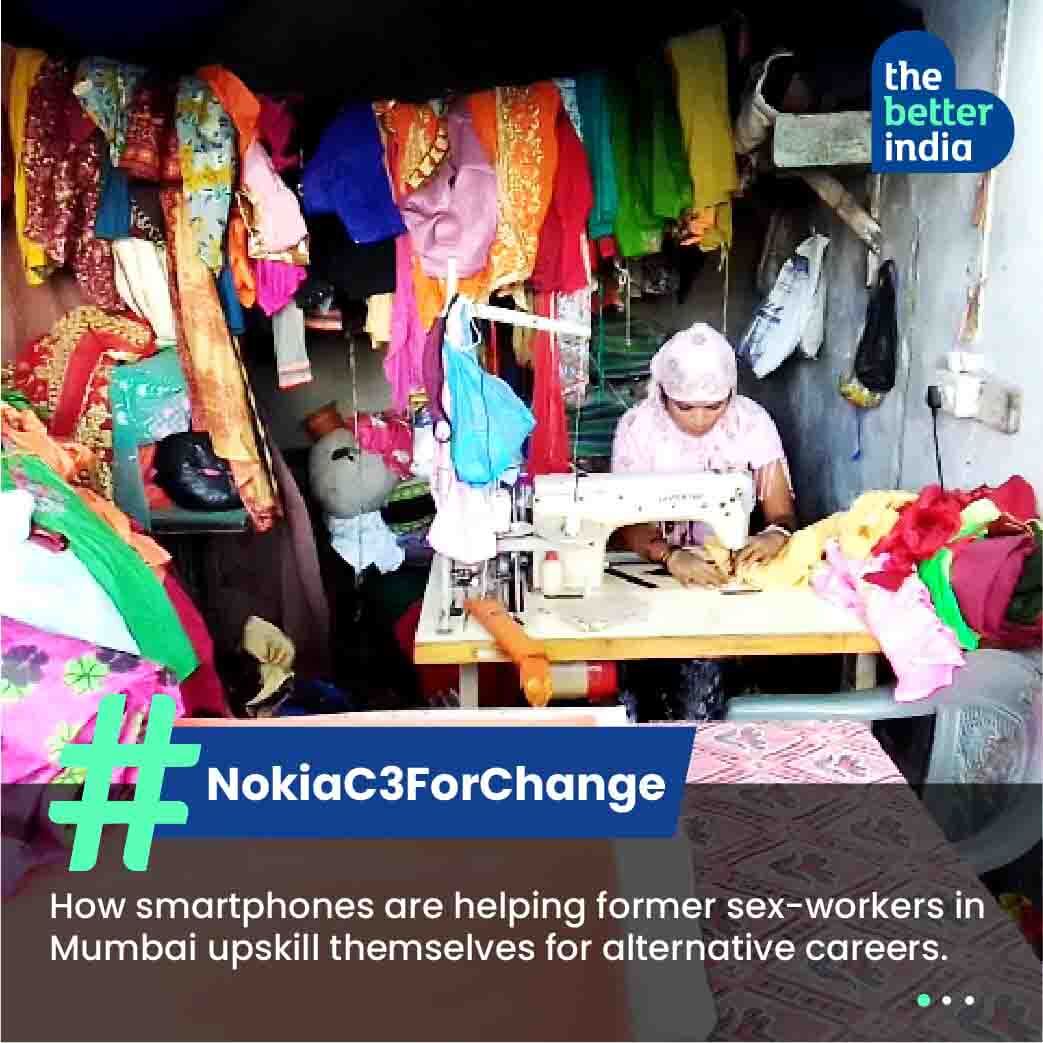
Kalpana Prem Tamang never got the chance to have a normal childhood. At the age of 13, she was trafficked from Nepal, brought to Mumbai, and forced into prostitution. It took her years of struggle to finally free herself from that life, thanks to a well-wisher’s help.
Read More“It looks beautiful from the outside, but our daily lives can be quite challenging,” says 37-year-old Monica Shatka. A resident of Thanedar, a small village located 80 km away from Shimla, Monica highlights the several challenges that she and many others like her face when living in the mountains.
Read More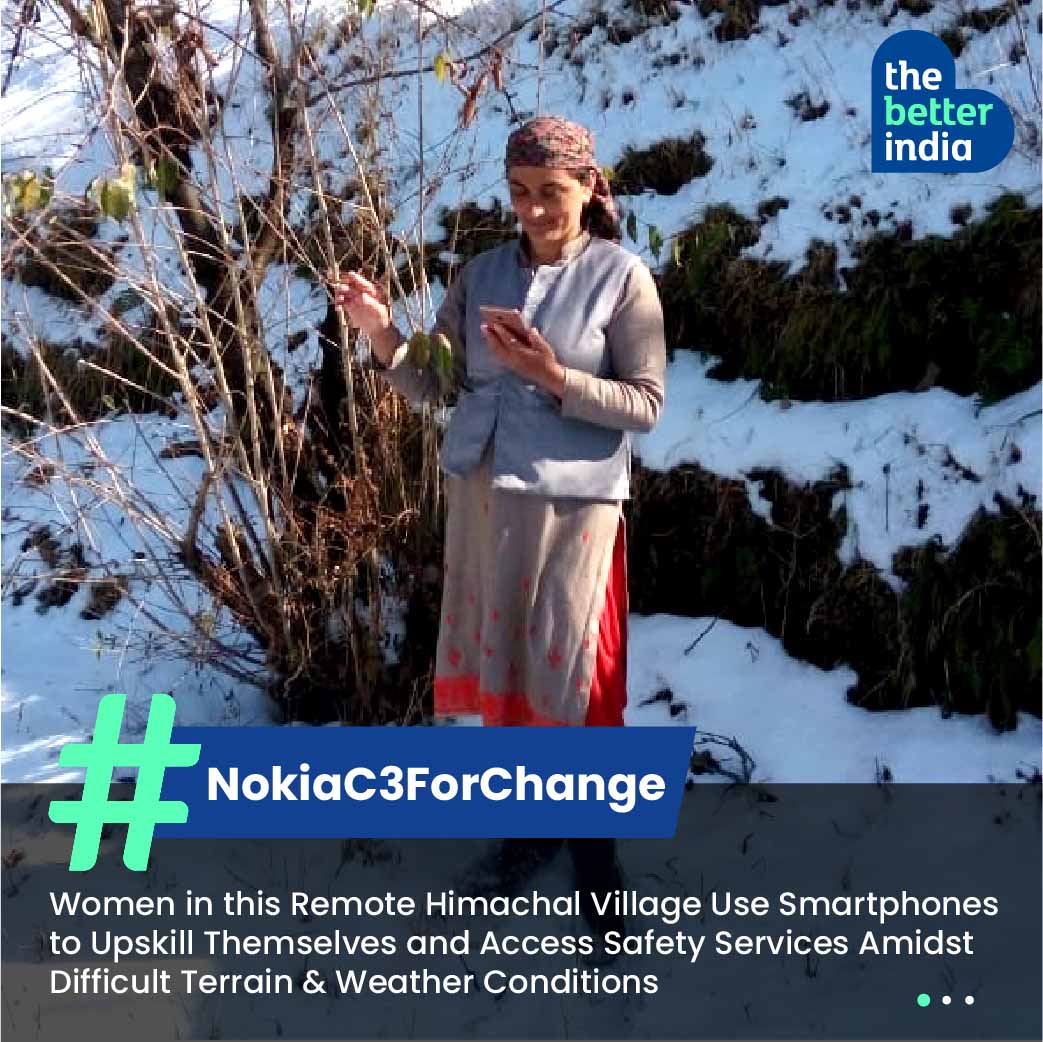
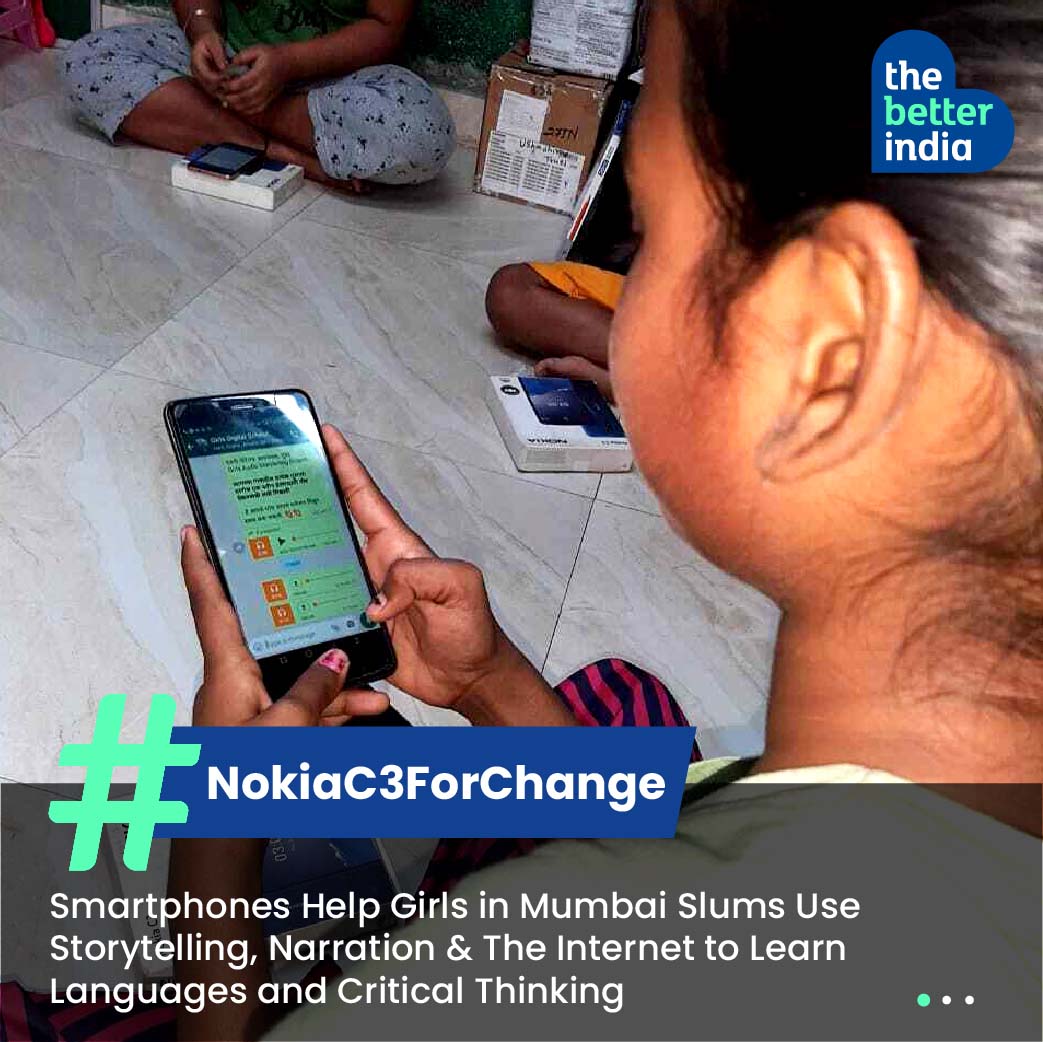
Every day at 3:45 pm, a small group of girls gather around a classroom at a local learning centre in Mumbai’s Mulund slum. Wearing masks and maintaining social distance, they come here to listen to stories, narrated both in English and Hindi, as an alternative way of improving their language skills.
Read MoreBiru, with 5,000 other farmers, has been revolutionising cropping patterns in rural Bihar with the support of Awaz Ek Pahal — an NGO that is working on revamping the farming sector by educating and supporting farmers. Luvkush, an NGO member, was selected as one of the 20 changemakers to collaborate with the #NokiaC3forChange initiative.
Read More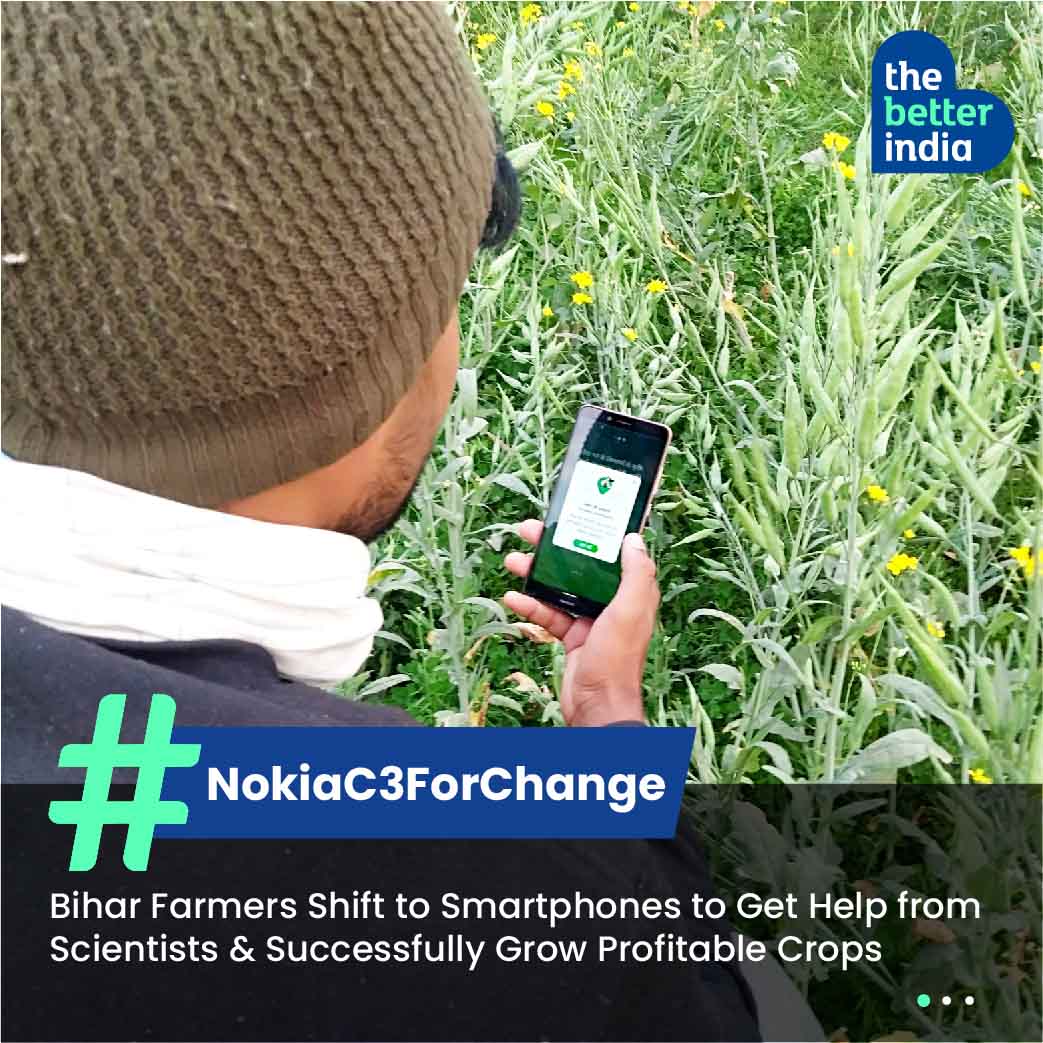
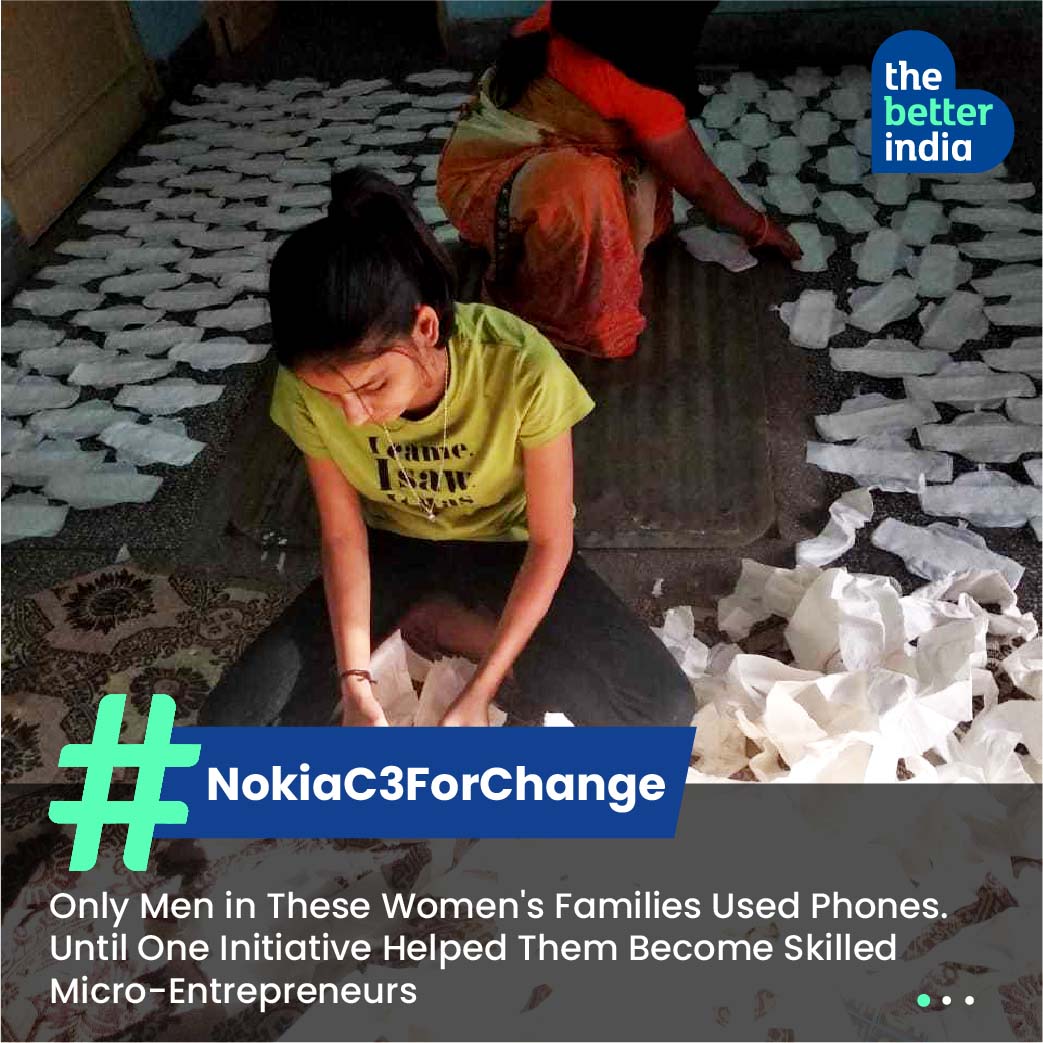
Jodhpur-based Rekha Pawar believes that financial independence is crucial for women. Having grown up in a low-income household, it was her education that helped her dream big. But after her higher secondary education, her parents gave in to social pressures and decided to get her married.
Read MoreA year ago, Gujarat-based rice farmer, Alpana Patel, suffered a massive crop failure. A resident of Vasan village in Navsari district, she incurred a loss of almost Rs 30,000.
“My household runs primarily on farming. Managing the loss along with paying the education of my kids, became a huge burden,” she says. Like Alpana, many other paddy farmers in the region were severely affected by extreme weather conditions ranging from scanty rainfall to the 2019-cyclone.
Read More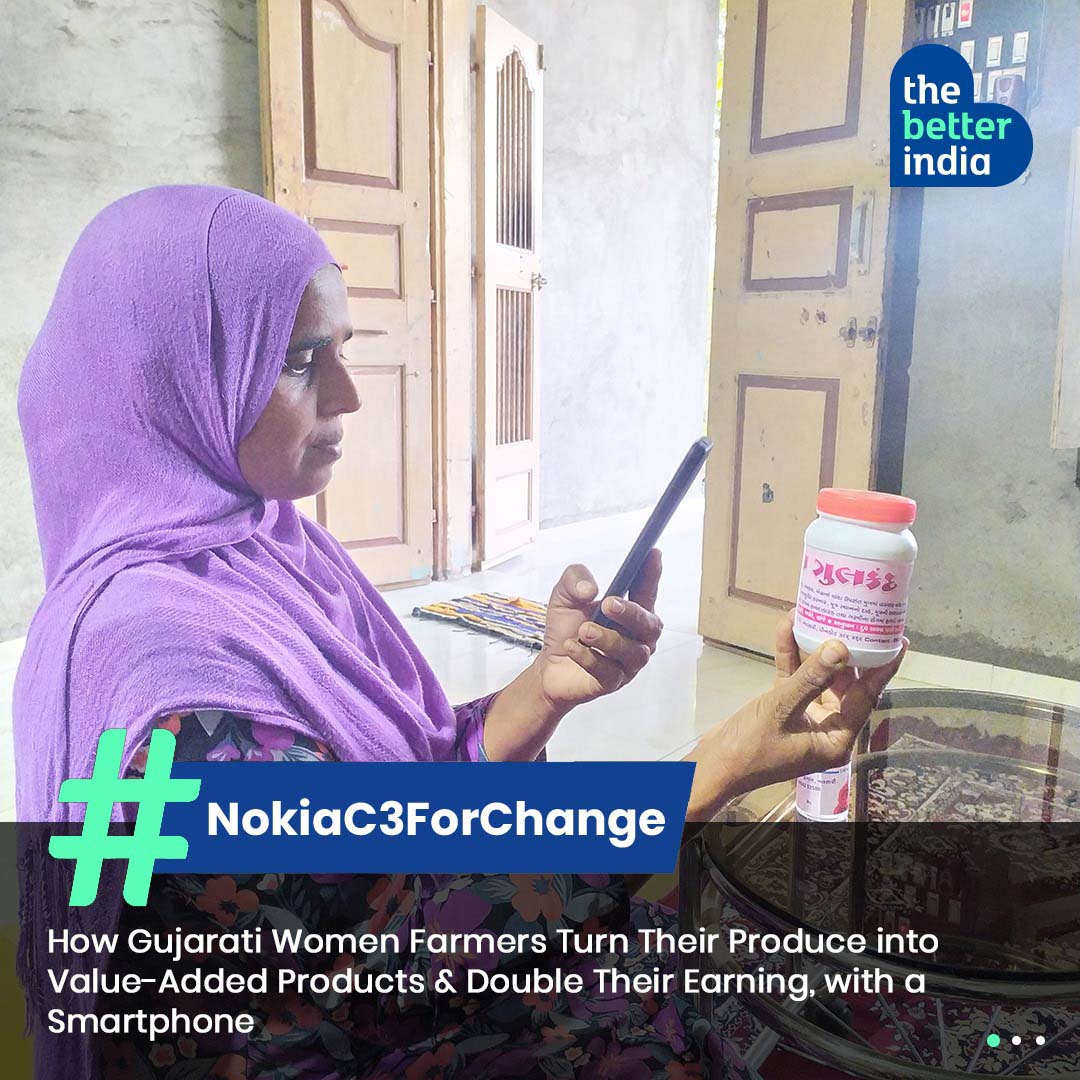
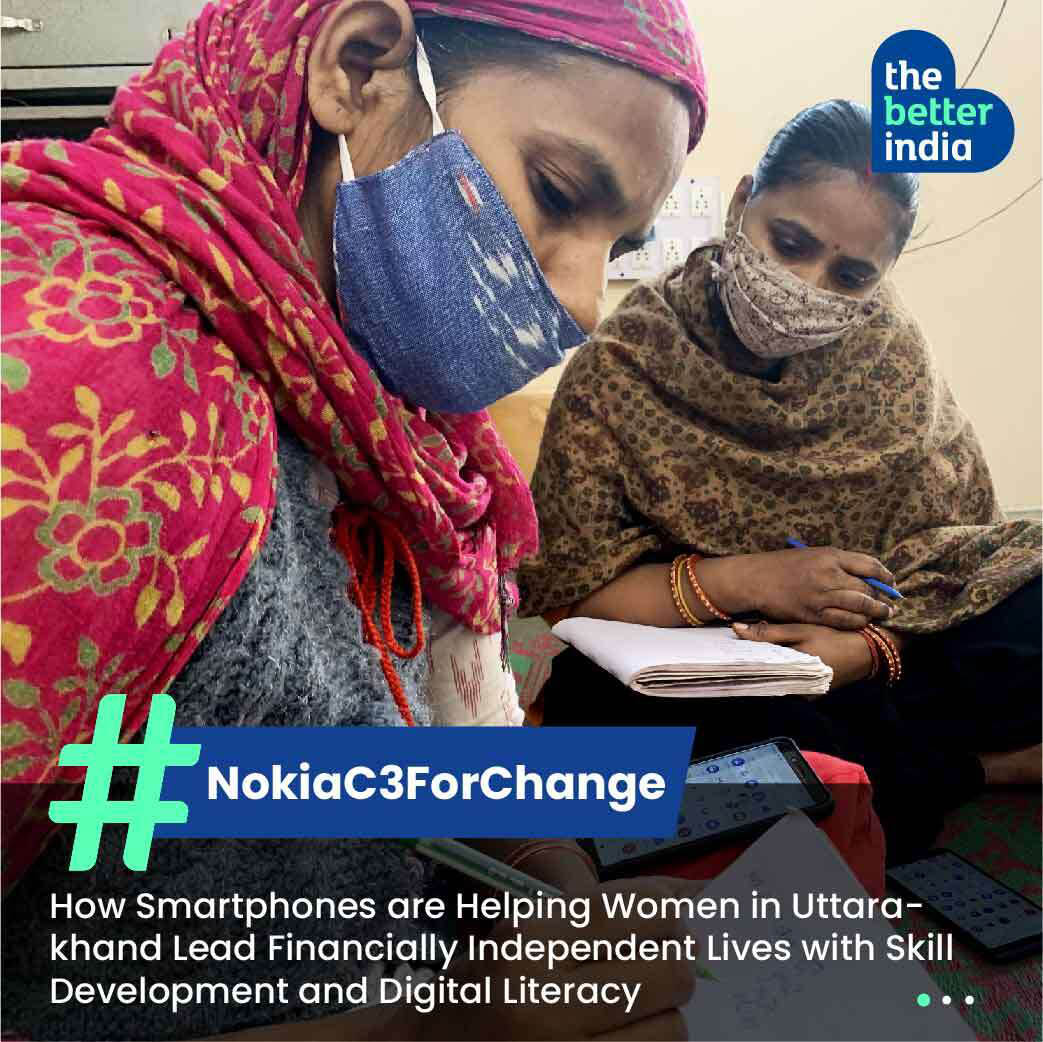
A native of Tehri Garhwal, Uttarakhand, Sangeeta Tiwari comes from an underprivileged family. She moved to Delhi with her husband almost a decade ago, hoping to build a better life for their families. “I hardly had any skills to get a job when I came here. It was only in 2014 that I began to turn my life around. I completed Class 10 and started taking a skill development training course in digital literacy,” says Sangeeta. Today, she works in the e-commerce division of an NGO.
Read More“Teaching gives my life a sense of purpose with an opportunity to make a lasting impact in the lives of young children,” says Suvarna Navnath Kawade, a 45-year-old teacher based in Mumbai. Suvarna teaches Hindi, among other subjects, to children who would have been devoid of any opportunity to learn, if not for her. “Most of my students come from impoverished families living in slums and had never been to schools,” she adds.
Read More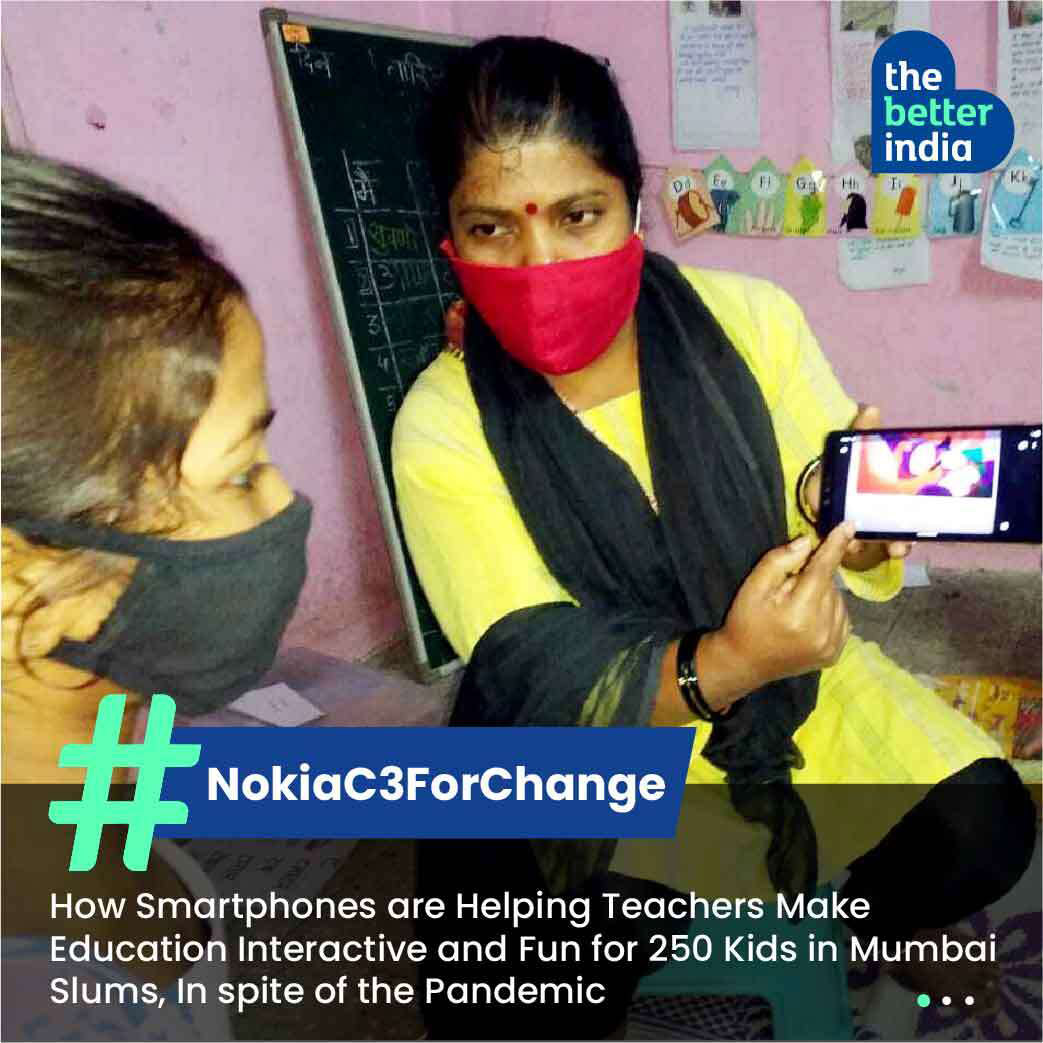
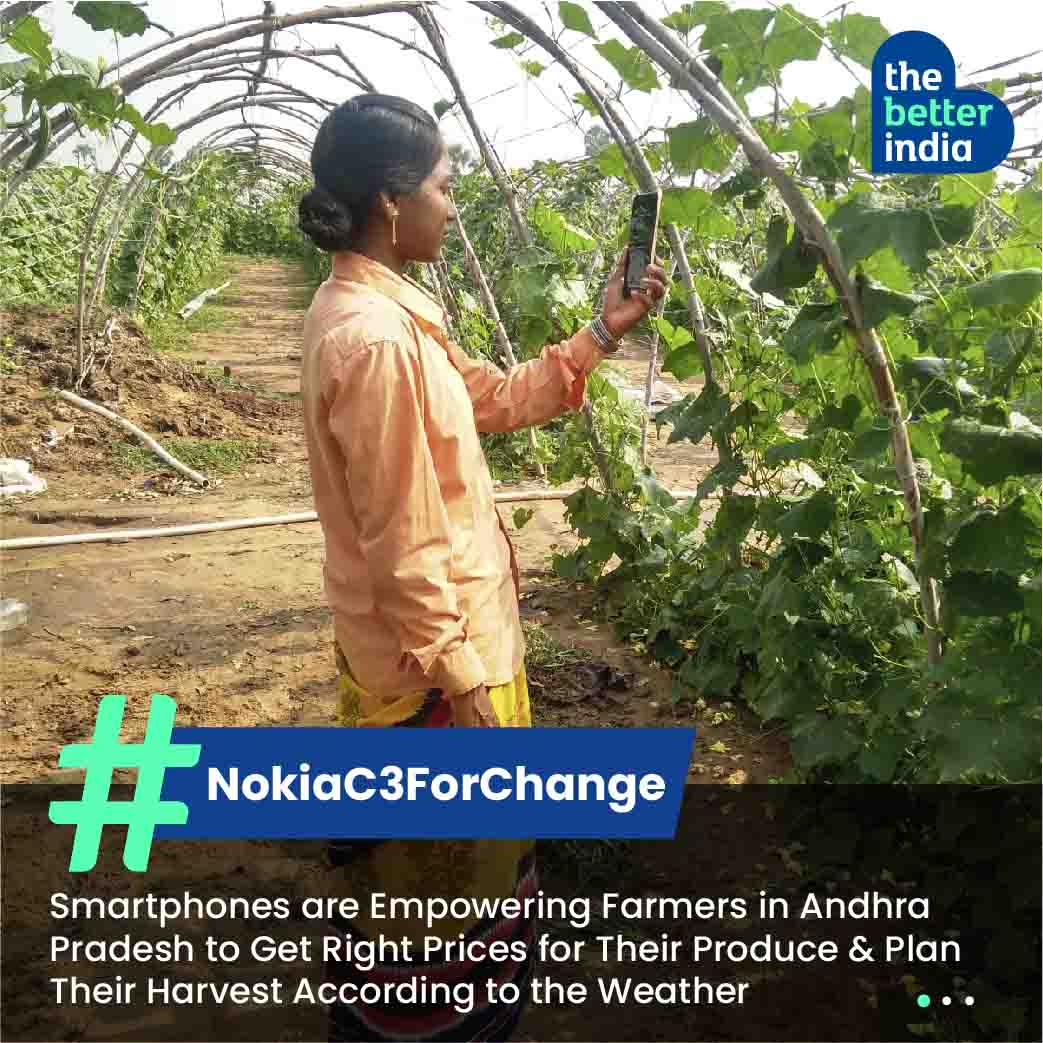
Last year, due to the cyclone in Andhra Pradesh, hundreds of farmers lost their primary source of income — paddy cultivation. Madana Seetharamaiah, 37, from Yazali village in Guntur, was one of them.
Read MoreWhen the pandemic hit, 45-year-old Chandra Mohan became one of the thousands to lose their jobs. He was working in a fabric manufacturing factory in Tiruppur, Tamil Nadu. He was left with no money or place to stay after being fired and decided to move back to his hometown in Thanjavur. But the journey back home was harder than he expected.
Read More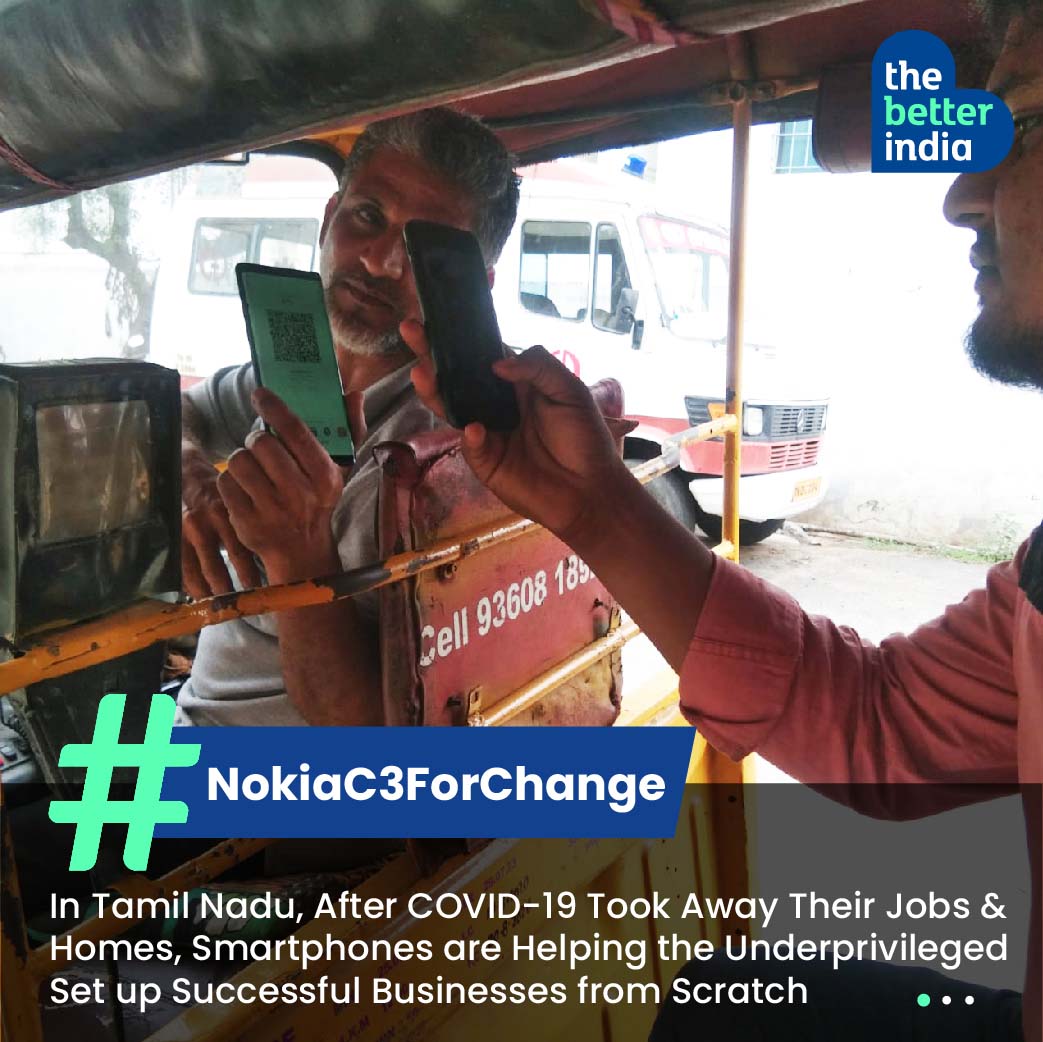
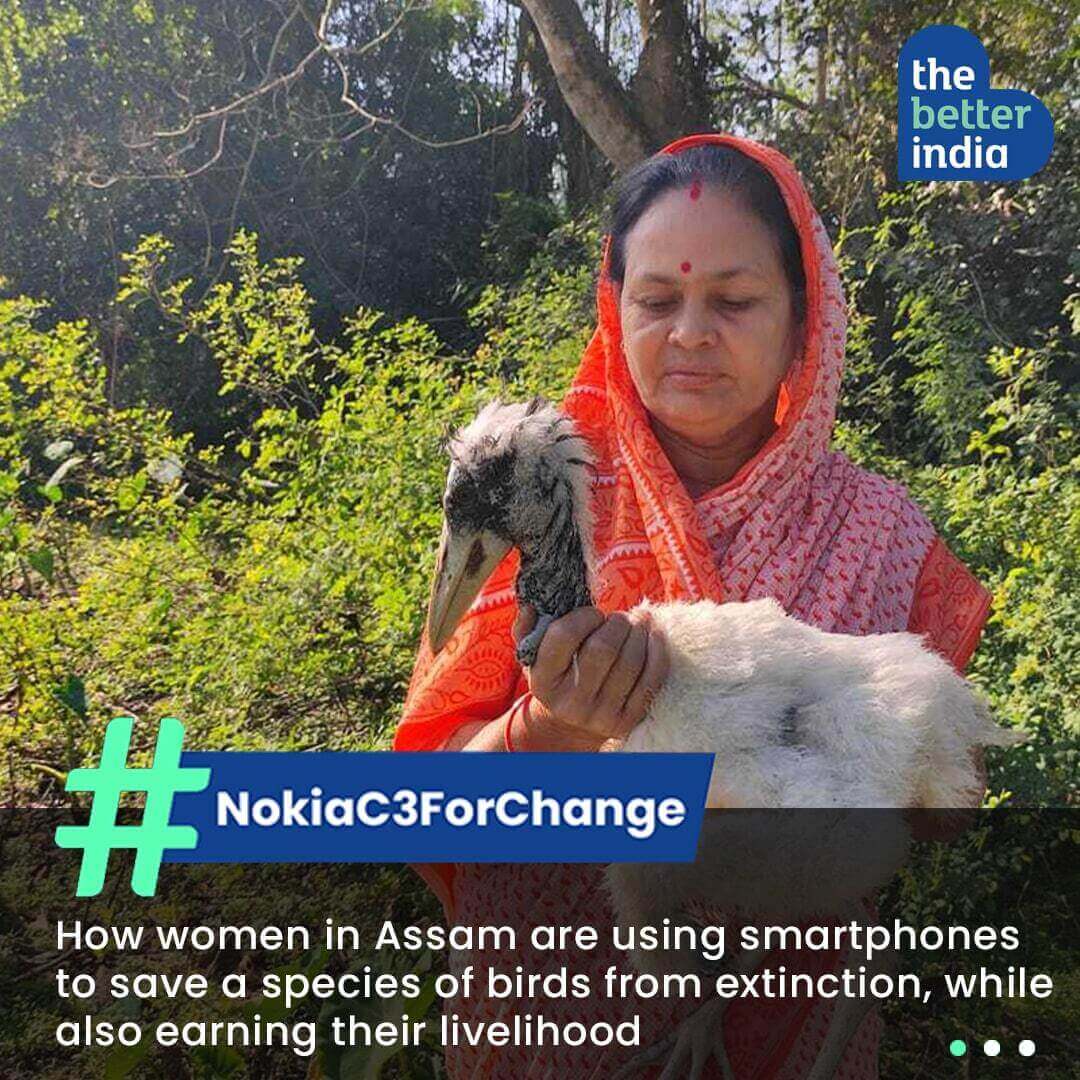
The Greater Adjutant Stork (Hargila in Assamese), a scavenging bird species, has suffered neglect and persecution for decades. Shrouded in superstition and lack of awareness, people have associated the bird with bad omen and have ignored its environmental contributions. Now at the edge of extinction, less than 1,200 of the birds are left globally, with Assam housing a majority of them and leading the conservation efforts.
Read MoreZavekho Tetseo, a resident of Bade village in Nagaland, had spent most of his life under his elder brother’s guardianship. He had the opportunity to finish his education and follow his dreams — a rarity in a family as poor as his. But things took a tragic turn a few years ago when he lost his elder brother and then his sister-in-law.
Read More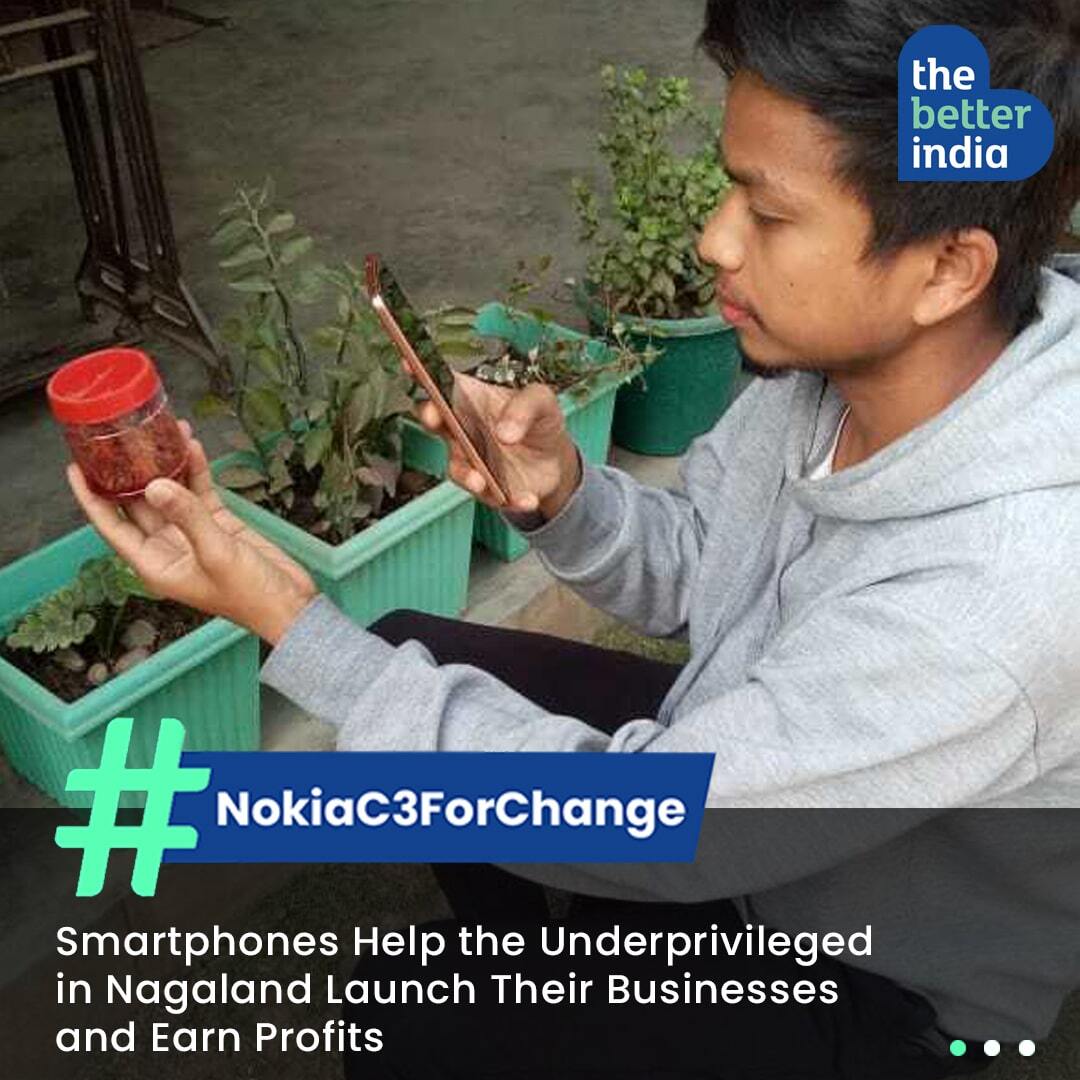
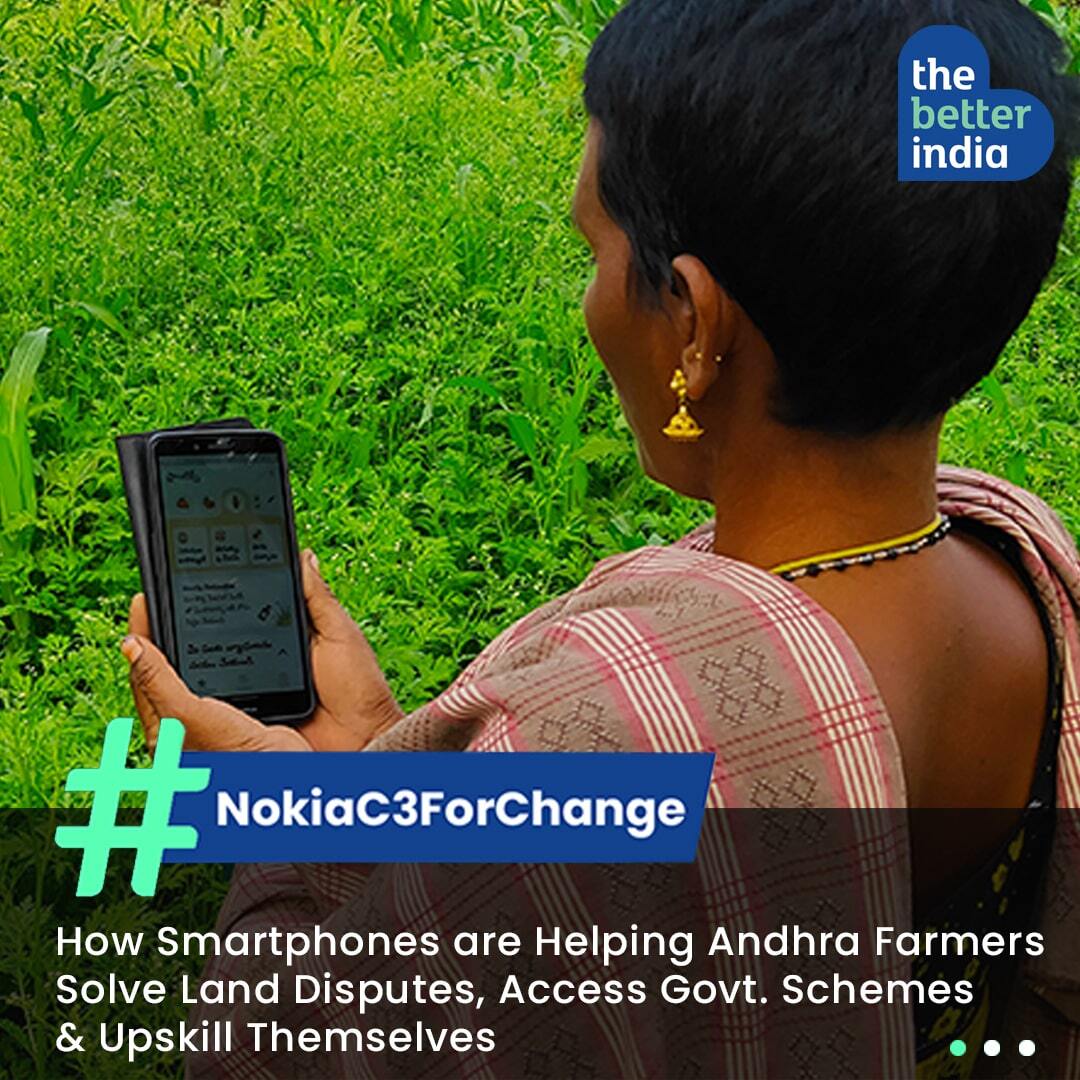
Janaki Amma Kona, 23, started working in the cotton farms along with her siblings when she was 19. Having spent her entire life in the fields, farming is all she knew. After her father passed away a few years ago, her passion for farming grew stronger as this was the only path for their survival.
Read MoreUsha Rani Naik, a resident of Gujaldihi in Odisha, may not have been able to continue her education after primary school, but that didn’t stop her from excelling. She launched Mayurbhanj Sabai Farmers Producer Company Ltd., an organisation that financially empowers thousands across rural Odisha.
Read More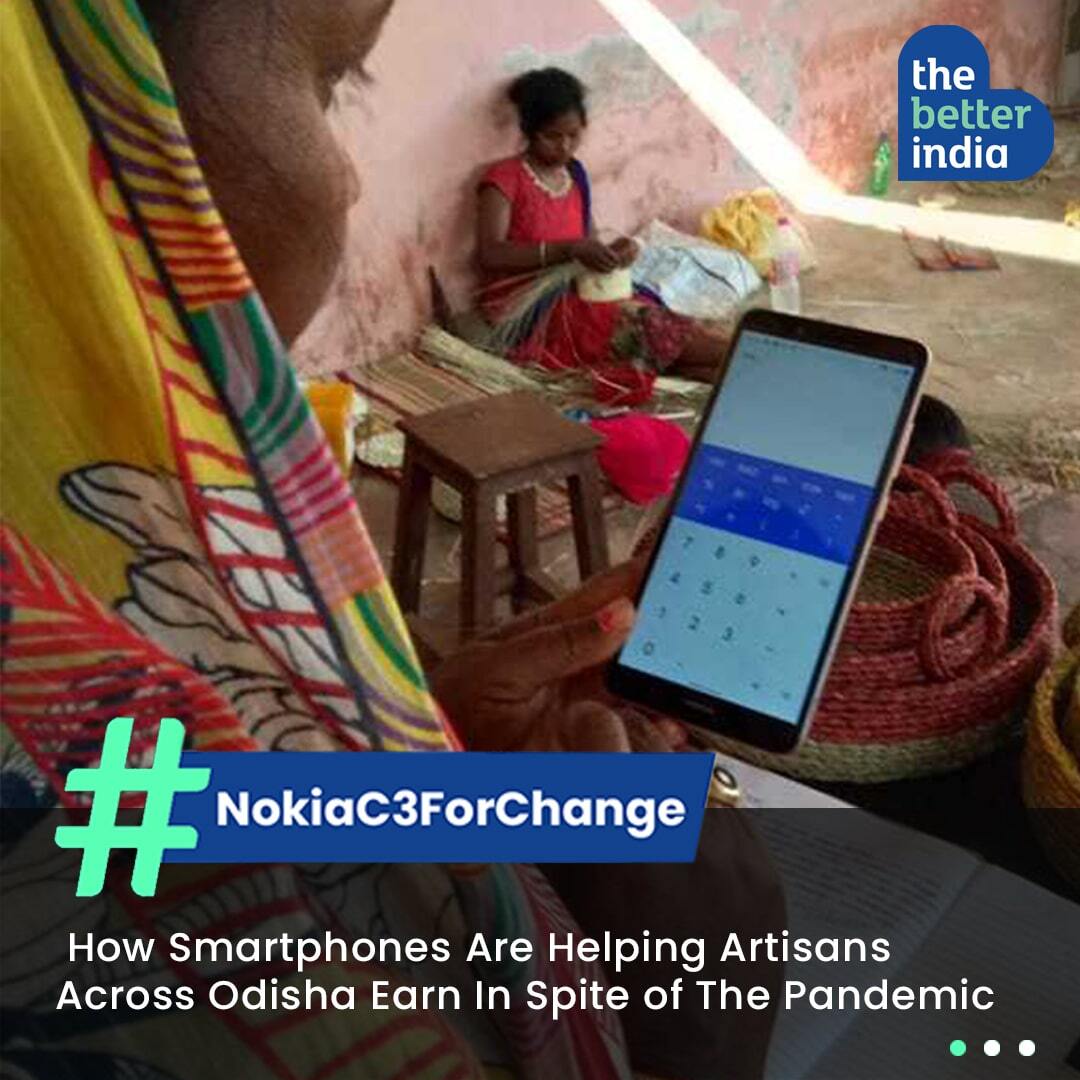
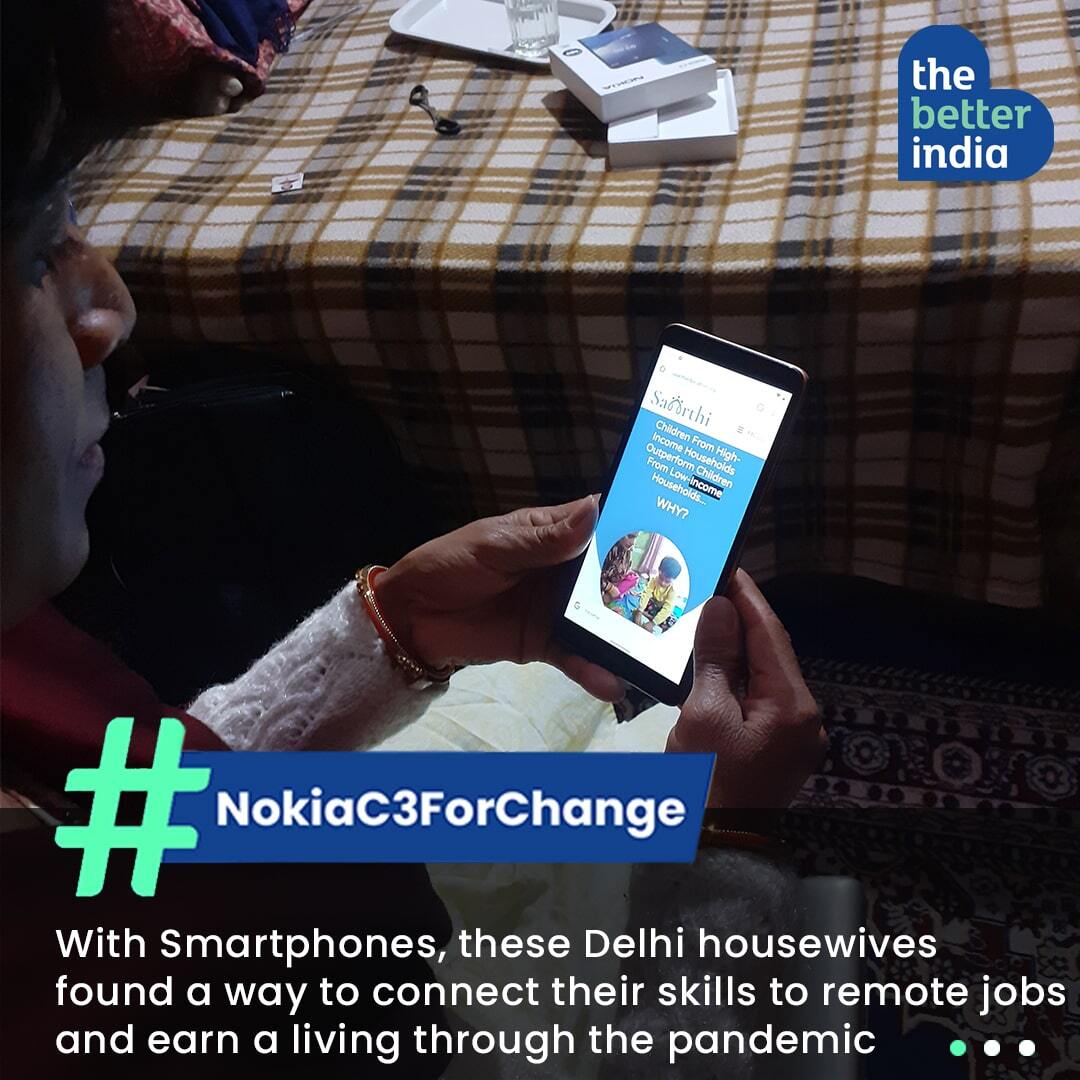
When Kavita Sharma’s husband lost his job during COVID-19, everything seemed to fall apart. A few years ago, she had also lost a child to health complications. At the time, the couple incurred some heavy debts. They were not nearly close to paying off their debts in 2020 when the pandemic struck and they found themselves in need of a livelihood.
Read MoreFor decades, farmers living in the Kuiani village of Jharkhand have suffered due to a lack of adequate irrigation facilities, making farming extremely difficult. The winds of change came through the efforts of people like Sourabh Mahato. Through his NGO, LifeCraft, he has been employing women in tailoring, dying and cloth production as alternative means of livelihood.
Read More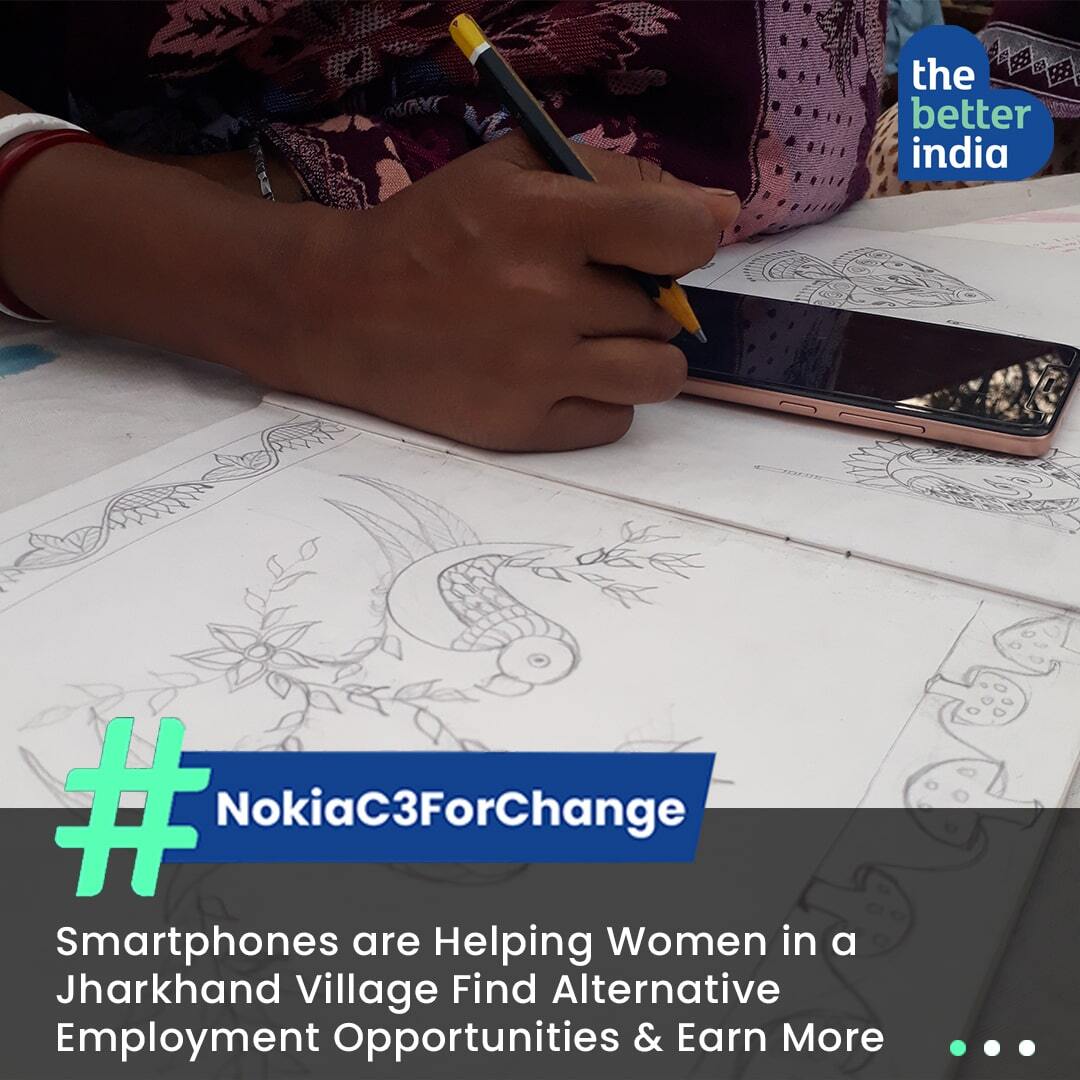
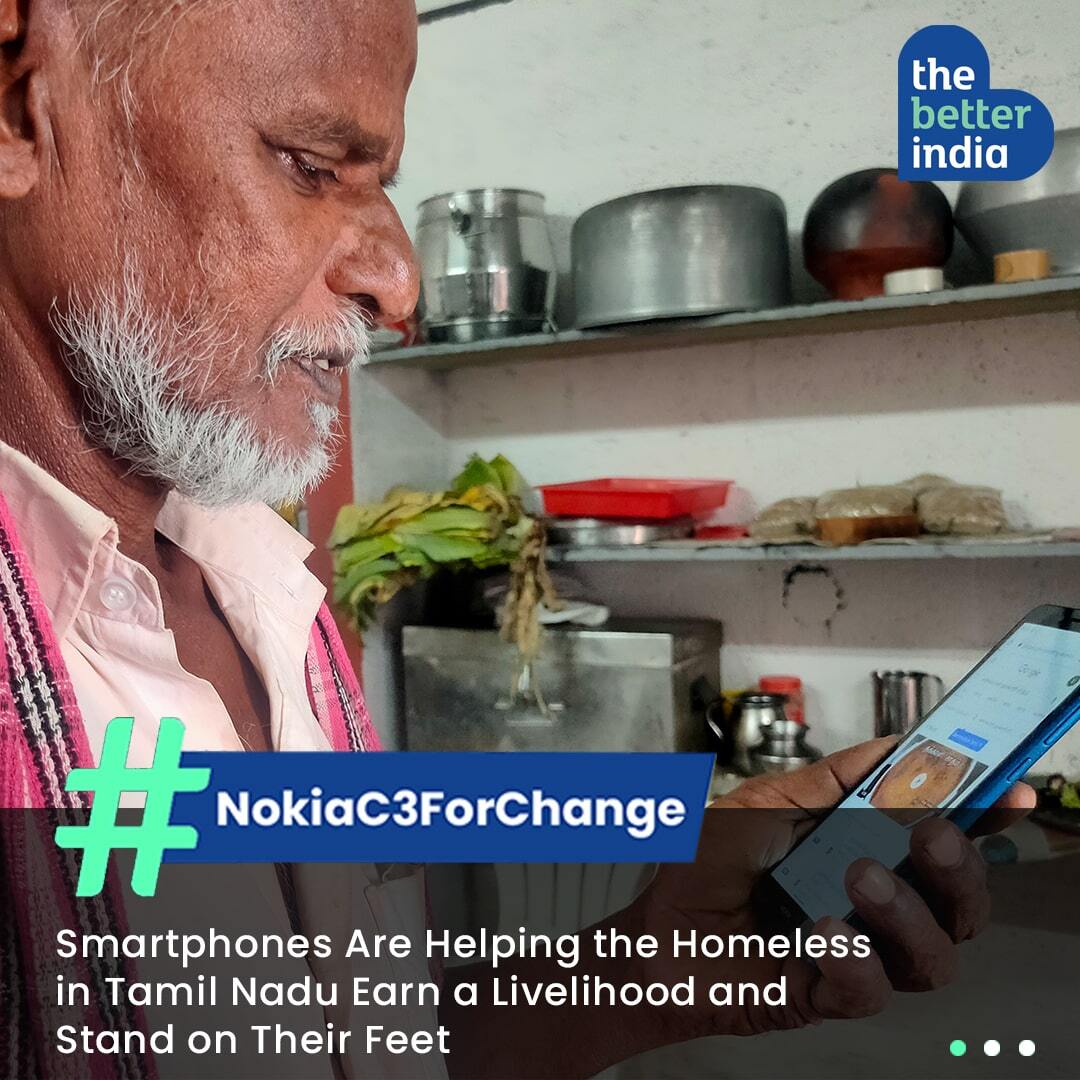
Four years ago, when Tamil Nadu-resident Anbarasu Mani left home, penniless, he was very close to ending his life.
“I was in a terrible place then. After working for 14 years as a tailor, I hoped to have a decent life with my family, but my alcohol addiction got the better of me. I was so deep in addiction that I would hardly work or make any money. Eventually, I ended up on the streets and railway platforms begging for money,” he recalls.
Read MoreAnchal was very young when her father had to leave their family behind in Uttar Pradesh and migrate to Uttarakhand searching for a job. A native of Paschim Gaon in Unnao district, her father was one of the many farmers who migrated due to several issues ailing the region’s agricultural sector, like outdated agricultural patterns and lack of adequate returns. The families left behind also needed to find additional ways to make ends meet.
Read More